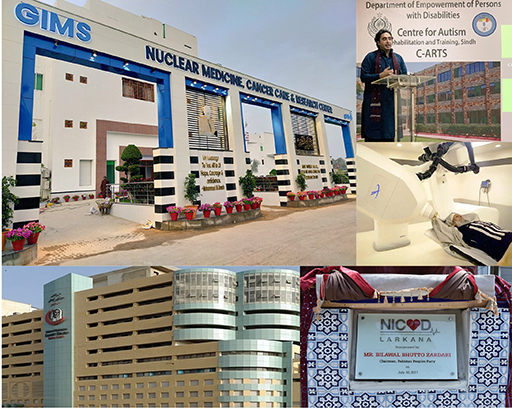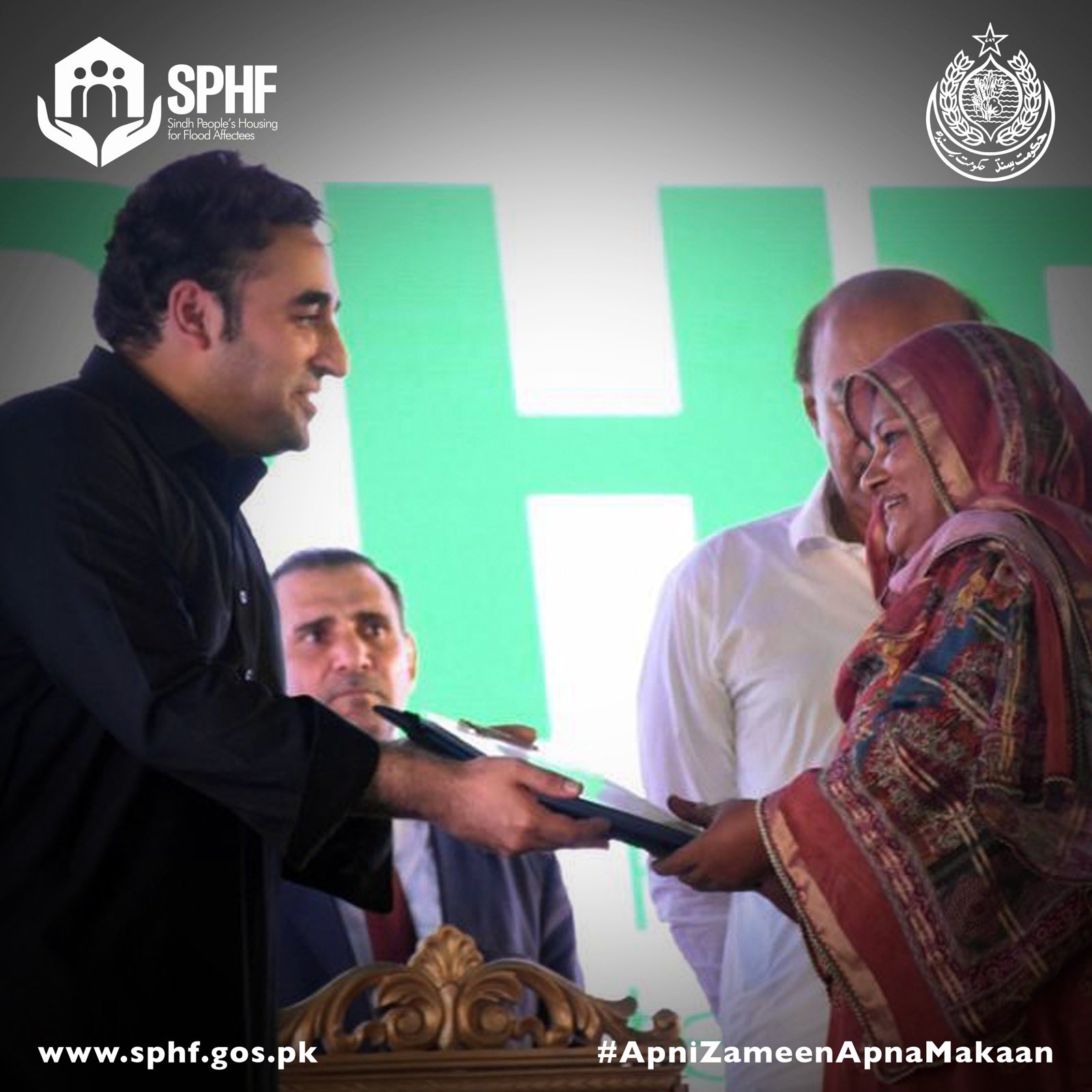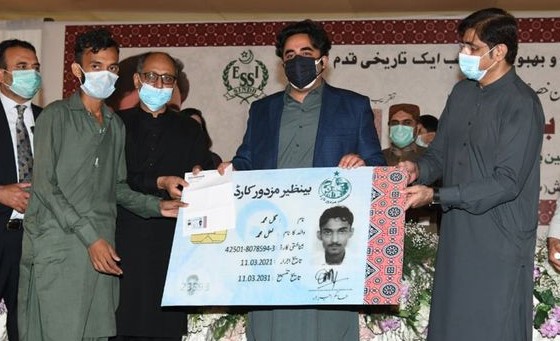The Pakistan People's Party (PPP) recently unveiled the "Awami Muashi Muhaida" (People's Economic Agreement), promising sweeping economic reforms in Pakistan. While promises in political manifestos are often met with skepticism, a review of the PPP's performance, particularly in Sindh, provides concrete evidence of their capability and commitment to their pledges.
Healthcare Initiatives: Setting High Standards
The PPP’s success in revolutionizing healthcare in Sindh is a cornerstone of its governance. The establishment of over 500 health institutions offering free healthcare and the development of Gambat Health City are testament to the party's commitment. The National Institute of Cardiovascular Diseases (NICVD) and the introduction of advanced treatments like Gamma Knife and CyberKnife for cancer demonstrate PPP’s focus on high-quality healthcare, aligning with the 'Awami Muashi Muhaida's' promise of free primary healthcare and treatment for chronic diseases.
Benazir Income Support Program: A Pillar of Social Welfare
A central highlight of PPP’s governance in Sindh has been the Benazir Income Support Program (BISP), Pakistan’s largest social safety net. BISP has provided vital financial assistance to millions of the poorest households, particularly empowering women by making them the primary beneficiaries. This program, a brainchild of the PPP, is a landmark in Pakistan’s social welfare initiatives and serves as a robust model for the 'Awami Muashi Muhaida’s' poverty alleviation and social protection strategies. The success of BISP underscores PPP's proven expertise in managing large-scale social welfare programs and sets a precedent for the successful implementation of similar initiatives proposed in their economic plan.
 Housing: A Response to Crisis
Housing: A Response to Crisis
In the aftermath of the catastrophic floods, the PPP government's initiative to build millions of small, climate-resilient, low-cost houses, and transferring ownership to women, stands as a testament to their commitment to social welfare and gender empowerment. This initiative aligns with the 'Awami Muashi Muhaida's' promise of housing as a right and showcases the PPP’s ability to respond effectively to crises.
Energy and Infrastructure: A Sustainable Approach
The PPP's role in the Thar Coal Electricity Integration Project, contributing significantly to the national grid, and the inauguration of Pakistan’s first windmill power project, mirror the 'Awami Muashi Muhaida's' Green New Deal. The development of infrastructure, including the construction of bridges and roads, and the Karachi Neighborhood Improvement Project, demonstrate the PPP's capacity to undertake large-scale infrastructure projects, supporting the promises made in their new economic plan.
Education: Laying Foundations for Tomorrow
The PPP's efforts in Sindh have significantly improved access to education, exemplified by the implementation of Article 25-A, ensuring free and compulsory education. The establishment of over 37 universities and the recruitment of 50,000 teachers based on merit resonate with the 'Awami Muashi Muhaida's' pledge to ensure schooling for all children and improve accessibility. The party's track record suggests a strong foundation for fulfilling future educational commitments.
 Benazir Mazdoor Card: Empowering Workers
Benazir Mazdoor Card: Empowering Workers
Launched in 2021, the Benazir Mazdoor Card was a significant step by the PPP in empowering the labor force in Sindh. This initiative provided workers with access to a range of benefits, including health insurance, education for children, and financial support. The card also facilitated the registration of workers, ensuring they receive their rightful benefits and protections. This initiative exemplifies the PPP’s dedication to labor rights and social protection, resonating with similar promises in the 'Awami Muashi Muhaida'.
Agriculture: Championing the Farmer's Cause
The PPP era's impactful pro-farmer policies, which led to enhanced agricultural productivity and farmer prosperity, directly resonate with the aspirations of the "Awami Muashi Muhaida". The success in constructing 160 dams and implementing support prices for crops, enabling Pakistan to export wheat, rice, and sugar post domestic consumption, is a testament to PPP’s commitment to agriculture. This aligns seamlessly with the 'Awami Muashi Muhaida’s' focus on uplifting small farmers and ensuring agricultural sustainability, indicating that the PPP's past successes in agriculture are a solid foundation for the promises laid out in their new economic manifesto.
PPP’s performance in Sindh, especially their achievements with healthcare, energy, infrastructure, education, and crisis response, presents a concrete evidence of their ability to fulfill the promises in the 'Awami Muashi Muhaida'. The party’s history of delivering on commitments, particularly in social welfare through initiatives like BISP, reinforces the credibility of their new economic plan as a realistic and transformative agenda for Pakistan's development.


